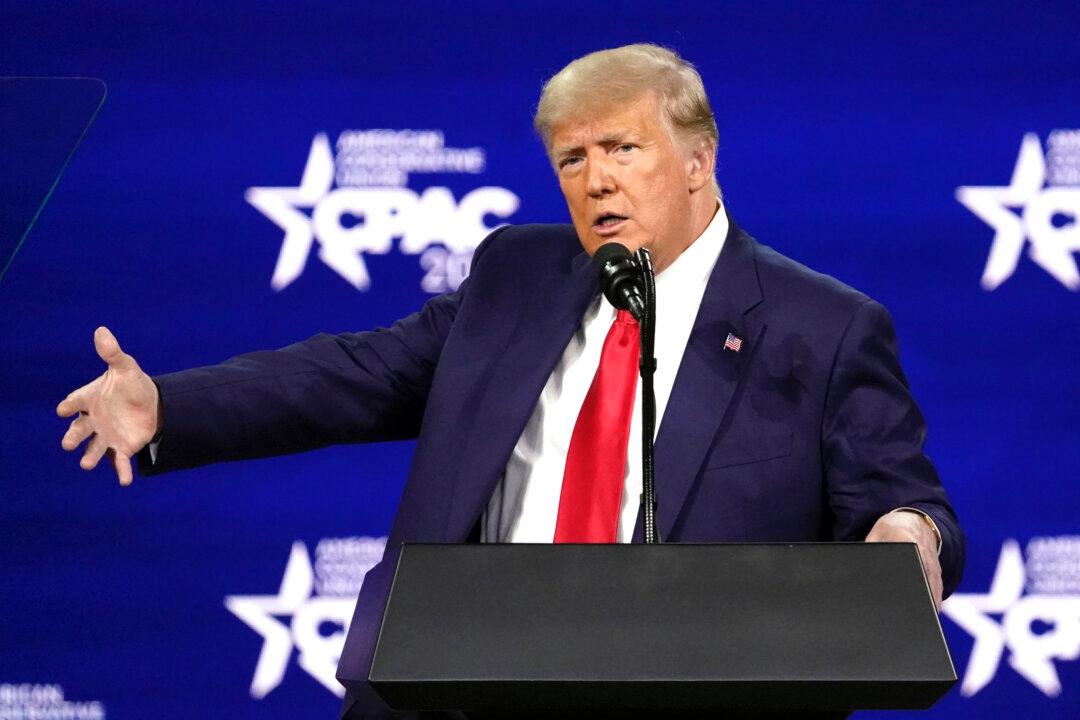Former President Donald Trump’s sway over the Republican Party remains so strong that no GOP candidate running on an anti-Trump platform will win a 2022 primary contest, according to Andrew Boucher, a partner at RightVoter and an organizer of The Charleston Meeting.
“There is not going to be a single person who wins a Republican primary in 2022 who runs on the basis of ‘I think we should move past Donald Trump, I don’t think Donald Trump did a good job as president,’” Boucher told The Epoch Times’ “Crossroads” program in a wide-ranging interview.





